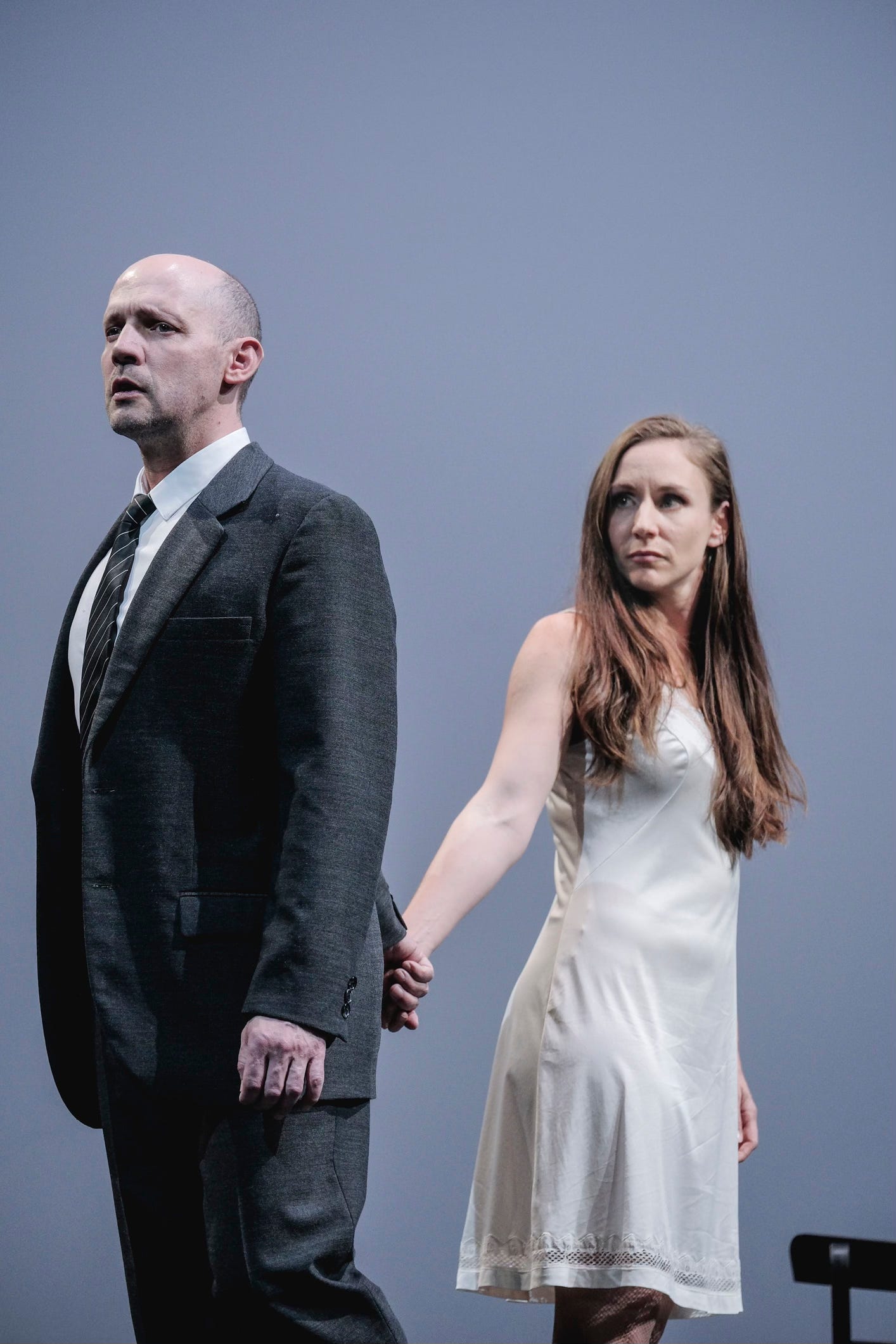Conflicted, self-questioning: Stéphane Degout (Guercœur)
Albéric Magnard: Wagnerian by name, post-Wagnerian by artistic inclination. Born in 1865, he is best-known in his native France as a symphonist, a disciple of his fellow Wagnerian César Franck and pupil of Vincent d’Indy. I have to confess his name was new to me when, in 1985, EMI released a recording of his opera Guercœur, conducted by Michel Plasson and starring José van Dam in the title role. Now, thanks to a new staging by the Opéra du Rhin in Strasbourg, I have finally been able to get to know it in the theatre.
Guercœur was written between 1898 and 1900, but Magnard failed to get it performed during his lifetime - the Opéra preferred his later work, Bérénice, based on Racine’s play - and it wasn’t until 1931, 17 years after his death, that the Opéra finally gave Guercœur its world premiere. The delay is partly explained by the fact that Magnard was killed when his house was set on fire by a German attack in 1914, and the score of Acts 1 and 3 were destroyed in the blaze.
Amazingly his friend Guy Ropartz, head of the Strasbourg Conservatoire from 1919 to 1929, was able to reconstruct the opera from memory, so it was appropriate that Strasbourg’s Opéra du Rhin should host this new staging, only the second in France (the German premiere, the only other staging to date, having taken place at Osnabrück in 2019).
Based in an area of the Rhineland that has frequently changed hands between France and Germany over the centuries, the Opéra du Rhin engaged a German production team, headed by the conductor Ingo Metzmacher and director Christof Loy, to interpret this rare and unusual work anew for a contemporary audience.
Keep reading with a 7-day free trial
Subscribe to Operalogue to keep reading this post and get 7 days of free access to the full post archives.


